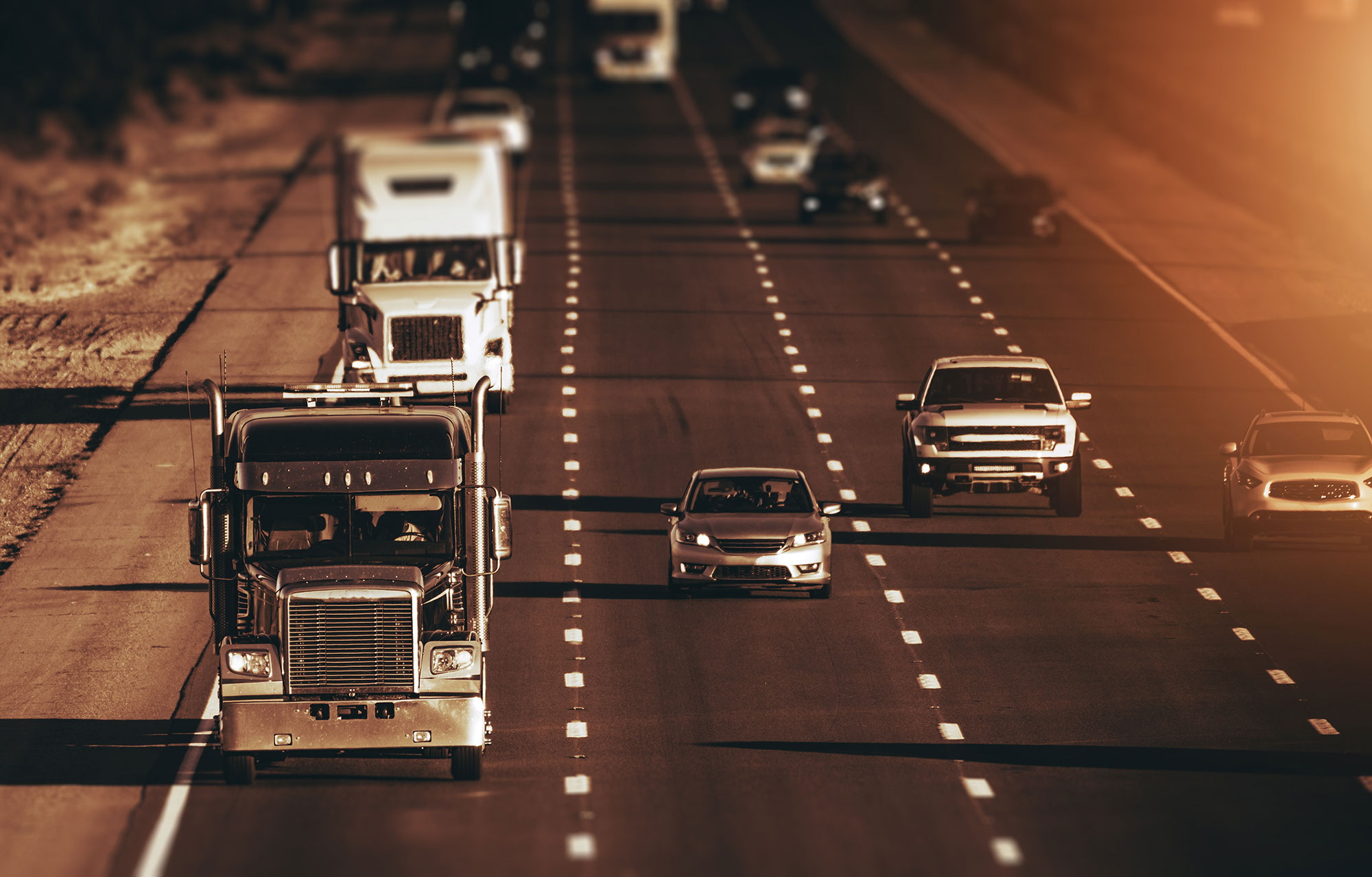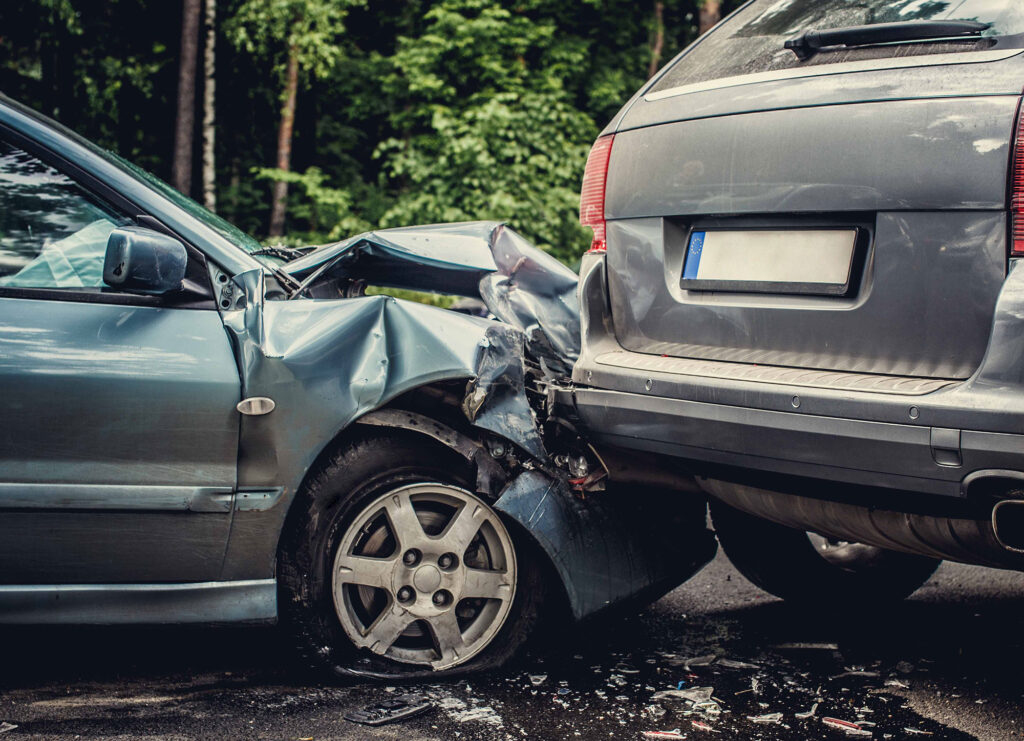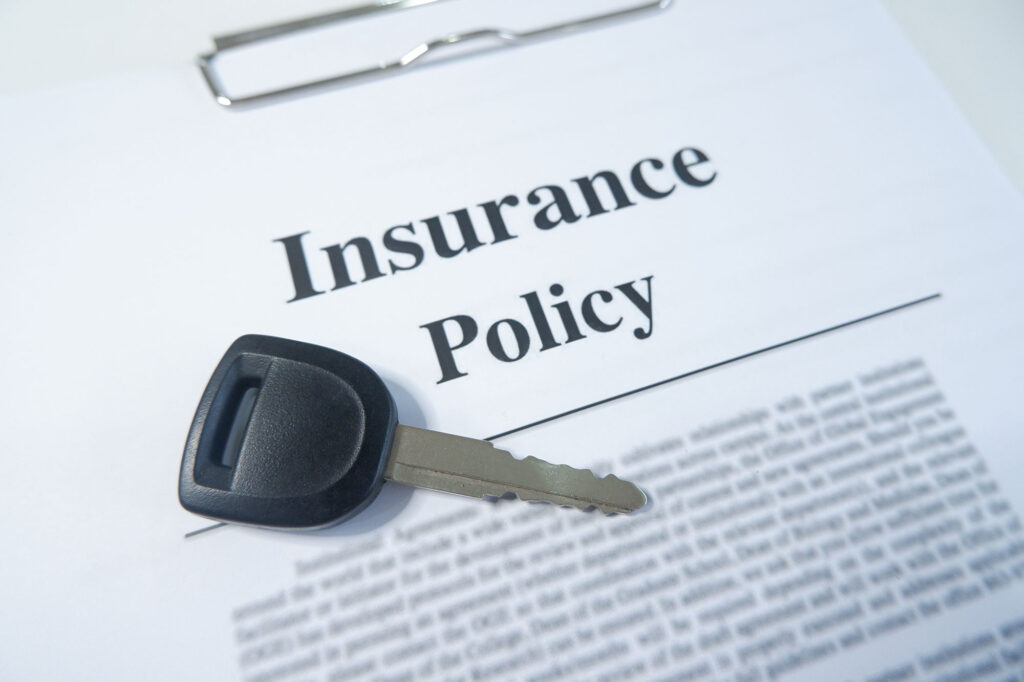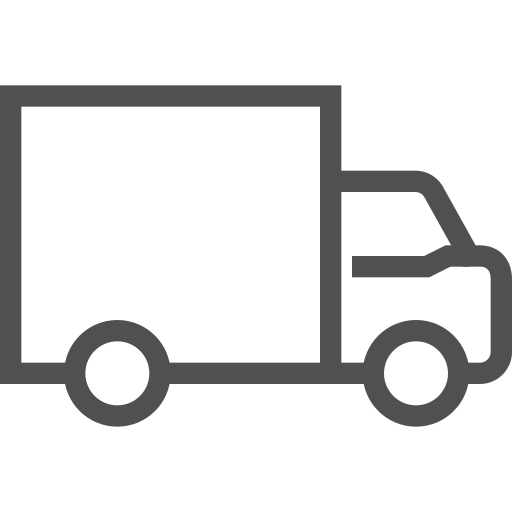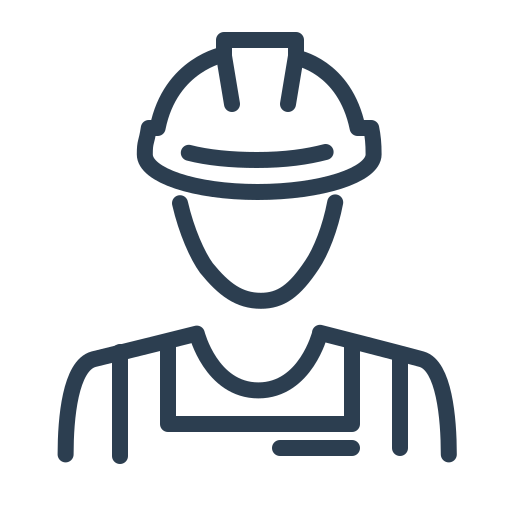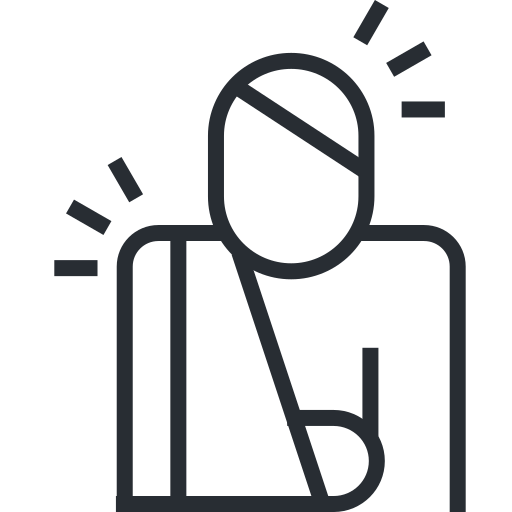Commercial truck accidents, particularly those involving 18-wheelers, can be catastrophic. The sheer size and weight of these vehicles mean that collisions with smaller vehicles often result in severe injuries or fatalities. In the aftermath of such an accident, victims face a complex legal landscape as they seek compensation for their losses. This blog post delves into the intricacies of 18-wheeler accidents, including how fault is determined, who is liable for damages, the challenges of suing commercial trucking companies, and why hiring a personal injury attorney is crucial for these cases.
The Severity of 18-Wheeler Accidents
The Impact of Size and Weight
An 18-wheeler, also known as a semi-truck, big rig, or tractor-trailer, can weigh up to 80,000 pounds when fully loaded. In comparison, the average passenger vehicle weighs about 3,000 to 4,000 pounds. This significant weight disparity often leads to devastating outcomes in collisions. The force of impact from such a heavy vehicle can crush smaller cars, causing life-threatening injuries to the occupants.
Common Causes of 18-Wheeler Accidents
Several factors contribute to the high incidence of 18-wheeler accidents:
- Driver Fatigue: Long hours on the road can lead to fatigue, impairing a driver’s reaction time and decision-making abilities.
- Distracted Driving: Use of mobile devices, eating, or other distractions can divert a driver’s attention from the road.
- Speeding: Pressures to meet tight delivery schedules can result in drivers exceeding speed limits, increasing the risk of accidents.
- Improper Maintenance: Failure to maintain the vehicle can lead to mechanical failures, such as brake or tire blowouts.
- Overloaded or Improperly Loaded Cargo: Excessive weight or improperly secured loads can cause the truck to become unbalanced, leading to rollovers or lost cargo.
Determining Fault in 18-Wheeler Accidents
The Role of Negligence
In any vehicle accident, determining fault is crucial for establishing liability and seeking compensation. Negligence is the most common basis for fault in 18-wheeler accidents. To prove negligence, the following elements must be established:
- Duty of Care: The truck driver and trucking company owe a duty of care to other road users to operate their vehicles safely.
- Breach of Duty: There must be evidence that the duty of care was breached through actions such as speeding, driving under the influence, or failing to maintain the truck.
- Causation: It must be shown that the breach of duty directly caused the accident and resulting injuries.
- Damages: The victim must have suffered actual damages, such as medical expenses, lost wages, or pain and suffering.
Comparative Fault
In some cases, both parties may share some degree of fault. Texas follows a modified comparative fault rule, meaning that a plaintiff can still recover damages if they are found to be less than 51% at fault. However, their compensation will be reduced by their percentage of fault. For example, if a victim is found to be 20% at fault and awarded $100,000 in damages, they will receive $80,000.
Who is Liable for Damages?
Multiple Parties Involved
Determining liability in 18-wheeler accidents is often more complicated than in typical car accidents because multiple parties may be involved, including:
- Truck Driver: The driver may be liable if their negligent actions directly caused the accident.
- Trucking Company: The company that employs the driver can be held responsible under the legal doctrine of “respondeat superior” if the driver was acting within the scope of their employment.
- Cargo Loaders: If improper loading of cargo contributed to the accident, the individuals or company responsible for loading can be liable.
- Vehicle Manufacturers: If a mechanical failure due to a defect caused the accident, the manufacturer of the truck or its parts could be held accountable.
- Maintenance Providers: Companies or individuals responsible for maintaining the truck can be liable if improper maintenance led to the accident.
Vicarious Liability
Trucking companies can be held vicariously liable for the actions of their drivers if the driver was performing job-related duties at the time of the accident. This means that even if the driver is an independent contractor, the company might still bear some responsibility depending on the nature of the relationship and the level of control the company has over the driver’s work.
Challenges in Suing Commercial Trucking Companies
Complex Legal and Regulatory Environment
Commercial trucking is heavily regulated by federal and state laws, including regulations set by the Federal Motor Carrier Safety Administration (FMCSA). These regulations cover aspects such as hours of service, vehicle maintenance, and driver qualifications. Navigating these regulations can be complex, and violations can be used as evidence of negligence in a lawsuit.
Powerful Defense Teams
Trucking companies and their insurance providers often have robust legal teams and substantial resources dedicated to minimizing their liability. They may employ tactics such as:
- Quick Settlement Offers: Offering a low settlement soon after the accident in hopes of avoiding a larger payout later.
- Disputing Liability: Contesting fault by arguing that the victim was primarily responsible for the accident.
- Delaying Tactics: Prolonging the legal process to pressure the victim into accepting a lower settlement due to financial strain.
Gathering Evidence
Building a strong case against a trucking company requires extensive evidence, which can be difficult to obtain. This evidence may include:
- Driver Logs and Electronic Data: Records of the driver’s hours, rest breaks, and driving behavior.
- Maintenance Records: Documentation of the truck’s maintenance history to identify potential mechanical failures.
- Accident Scene Analysis: Expert reconstruction of the accident scene to determine how the collision occurred.
- Witness Statements: Testimonies from eyewitnesses who observed the accident.
The Importance of Hiring a Personal Injury Attorney
Expertise and Experience
A personal injury attorney with experience in handling 18-wheeler accident cases, like those at Attorney Javier Marcos & Associates, brings valuable expertise to the table. They understand the nuances of commercial trucking laws and have the skills to navigate the complexities of these cases effectively.
Thorough Investigation
An experienced attorney will conduct a thorough investigation to gather crucial evidence. This may involve:
- Hiring Accident Reconstruction Experts: To recreate the accident scene and determine the cause.
- Subpoenaing Records: To obtain driver logs, maintenance records, and other critical documents.
- Interviewing Witnesses: To gather firsthand accounts of the accident.
Negotiating with Insurance Companies
Insurance companies representing trucking companies often aim to minimize payouts. An attorney can negotiate on behalf of the victim to ensure they receive fair compensation. They understand the tactics used by insurance adjusters and can counter them effectively.
Litigation and Trial Experience
If a fair settlement cannot be reached, a personal injury attorney is prepared to take the case to court. They will present a compelling case to the jury, leveraging their litigation skills and experience to seek the maximum compensation for the victim.
Types of Compensation Available
Victims of 18-wheeler accidents may be entitled to various types of compensation, including:
- Medical Expenses: Coverage for past and future medical bills related to the accident.
- Lost Wages: Compensation for income lost due to the inability to work.
- Pain and Suffering: Damages for physical pain and emotional distress.
- Property Damage: Reimbursement for damage to the victim’s vehicle and other personal property.
- Punitive Damages: In cases of egregious negligence, additional damages may be awarded to punish the wrongdoer and deter similar behavior in the future.
Steps to Take After an 18-Wheeler Accident
Immediate Actions
- Seek Medical Attention: Prioritize health by getting immediate medical care, even if injuries seem minor.
- Contact Law Enforcement: File a police report to document the accident.
- Gather Information: Collect details from the truck driver, including name, contact information, insurance details, and the trucking company’s name.
Long-Term Actions
- Document Everything: Keep records of all medical treatments, expenses, and any communication with insurance companies.
- Avoid Early Settlements: Refrain from accepting quick settlement offers without consulting an attorney.
- Consult an Attorney: Seek legal advice from an experienced personal injury attorney to evaluate your case and discuss your options.
18-wheeler accidents present unique challenges due to the severe damage they cause and the complex web of liability involved. Determining fault, identifying liable parties, and navigating the legal and regulatory landscape require specialized knowledge and expertise. Victims of such accidents can greatly benefit from the guidance and representation of a skilled personal injury attorney.
Attorney Javier Marcos & Associates have the experience and dedication needed to handle these intricate cases. They will fight to ensure victims receive the compensation they deserve, holding negligent parties accountable and providing the support needed to rebuild their lives after such traumatic events. If you or a loved one has been involved in an 18-wheeler accident, don’t hesitate to reach out for a consultation to explore your legal options.

